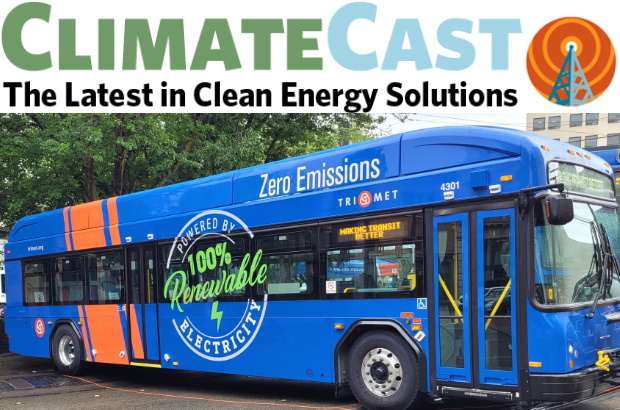Crude Oil Transport Threatens Our Communities, Economy, and Waterways
The new types of crude oil now coming into our region pose dramatic risks never seen before; highly explosive crude oil from the Bakken shale oil region of North Dakota and Montana and heavy and corrosive crude oil from the Tar Sands region of Alberta. These oils are coming in via heavy mile-long unit trains. They are causing traffic congestion, spilling oil along the route, and exploding upon derailment. Oil is also coming in via barges and tankers, increasing vessel traffic and risk of oils spills. And, the oil is coming in through the crude oil pipeline directly to refineries. The recent increase in oil transport has impacts ranging from rail congestion that limits other products getting to markets, street congestion where the trains run at grade, toxic pollution from diesel exhaust which can cause serious long-term health problems like lung and heart disease; to increased vessel traffic and impacts to marine life. Across North America, we have seen what accidents do to the waterways and communities. From the tragic explosion in Lac Megantic, Quebec to the pipeline spills into the Yellowstone and Kalamazoo Rivers to the barge spill on the Mississippi, the loss of life and devastating impacts to natural resources and the economy is devastating. Together with our partners in the Stand Up to Oil campaign, we are taking action today to protect our communities and our waterways.
Connect
Join our email list to learn about what we do and how to get involved.
